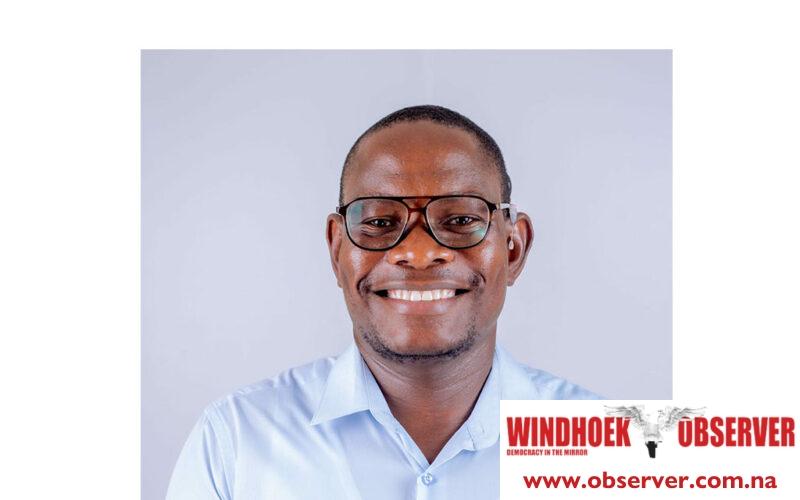Ester Mbathera
Namibia faces challenges in bridging the digital gap, especially for deaf people, who are heavily reliant on visual communication methods, such as sign language.
Paul Nanyeni, the national executive director of the Namibian National Association of the Deaf (NNAD) called on internet providers to ensure access to affordable and reliable internet for his members.
“Many deaf individuals rely on video conferencing tools, instant messaging, and social media platforms to communicate. However, inconsistent connectivity, especially in rural areas, limits access to these essential tools. To address this issue, Telecom Namibia can focus on expanding high-speed internet to rural and underserved areas where deaf populations may reside,” he said in a recently released statement.
The world will commemorate International Week of the Deaf from 23-29 September.
Nanyeni said that data service providers can bridge the digital divide by providing affordable data packages designed specifically for those who heavily rely on video communication, which is essential for sign language users.
He acknowledged that individuals with disabilities do not benefit from a one-size-fits-all approach, as there are different needs and support systems required across such communities.
“By ensuring accessible internet, fostering digital inclusion, and advocating for the deaf community, Telecom Namibia, Paratus, and MTC can lead the effort to bridge the digital gap for the Deaf in Namibia. A comprehensive approach that addresses both infrastructure and content accessibility is crucial for creating a more inclusive digital future for deaf Namibians,” he said.
One of the challenges faced by deaf people, according to Nanyeni, is the lack of sign language interpretation in online spaces, making much of the digital content inaccessible to Deaf Namibians.
“Most digital content and services are inaccessible to the deaf due to the lack of sign language interpretations in Namibian Sign Language. To address this issue, Telecom Namibia, in collaboration with the Namibian Broadcasting Corporation (NBC) and other platforms, can establish inclusive digital platforms that offer sign language interpretation for video content and online services,” he said.
In addition to improving infrastructure, Nanyeni highlighted the importance of advocacy for inclusive digital policies.
He encouraged national telecommunications providers to work closely with organisations like his to ensure the inclusion of deaf people.
“By working closely with organisations like the NNAD, they can promote digital literacy programs tailored for deaf individuals, ensuring they are equipped with the skills to navigate online services. They should also lobby for national policies that ensure all telecommunications providers consider accessibility in their service designs, including captioning and sign language services,” he said.
Nanyeni also called for government intervention to make public services more accessible online for the deaf community.
He said that offering options for sign language interpretation or video assistance in Namibian sign language on government websites and e-services could help achieve this.




